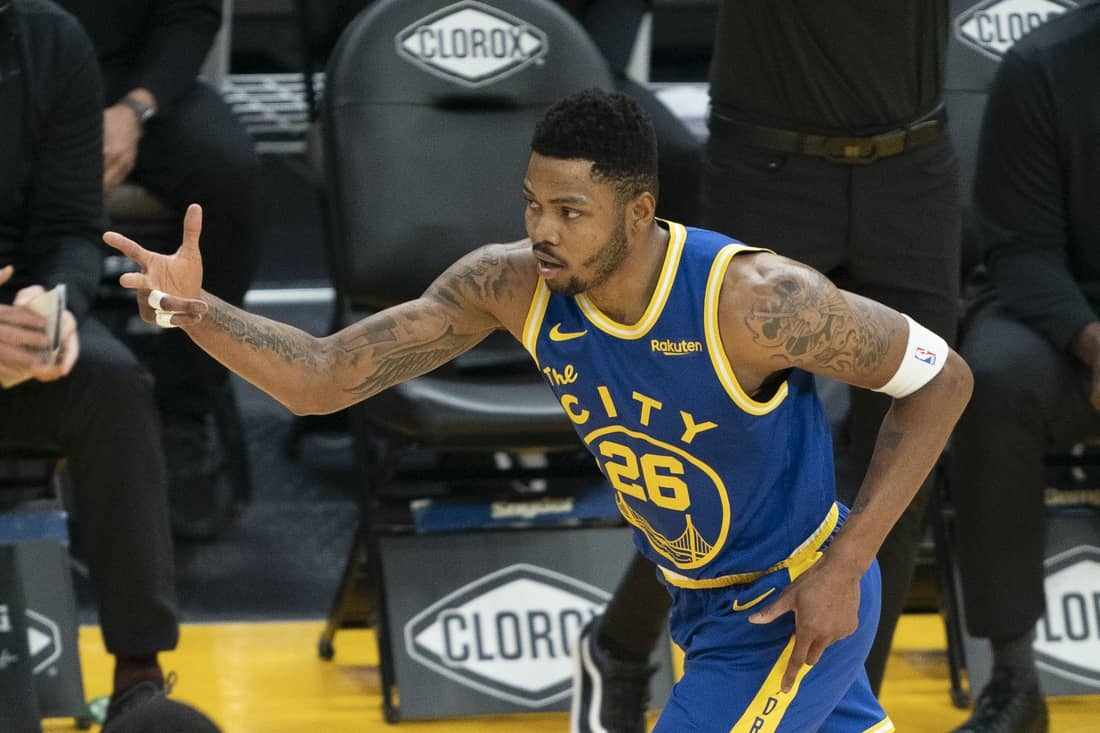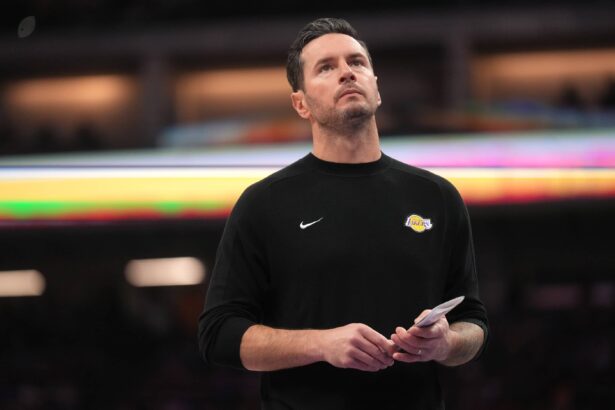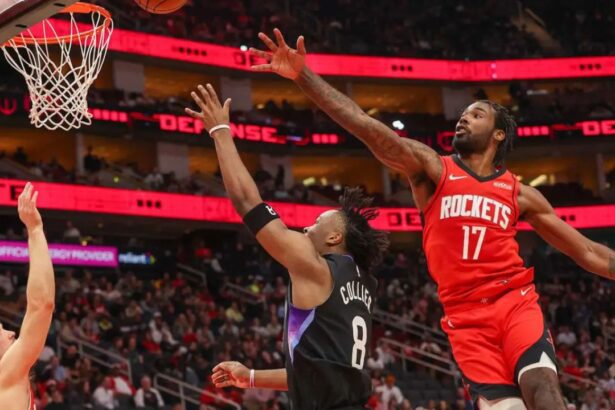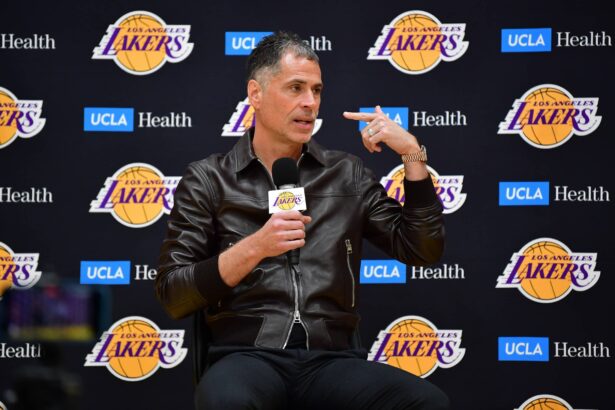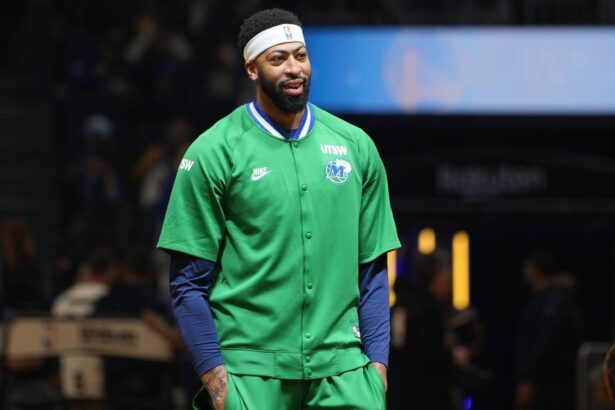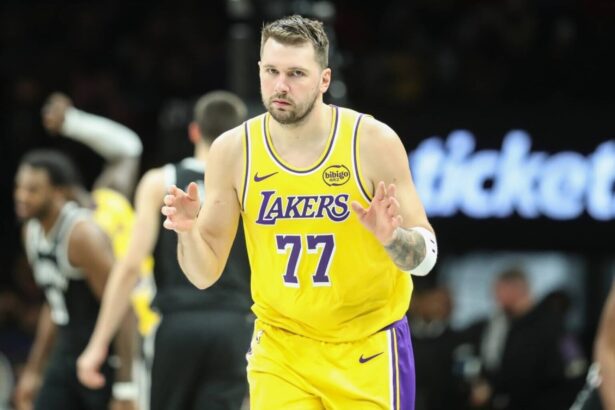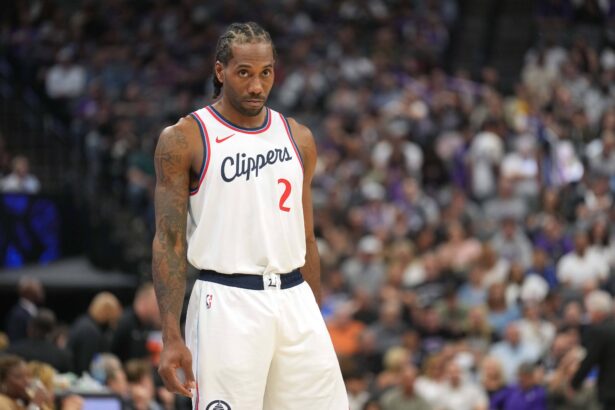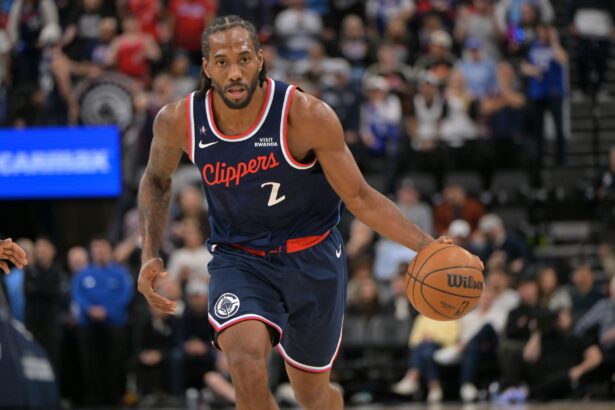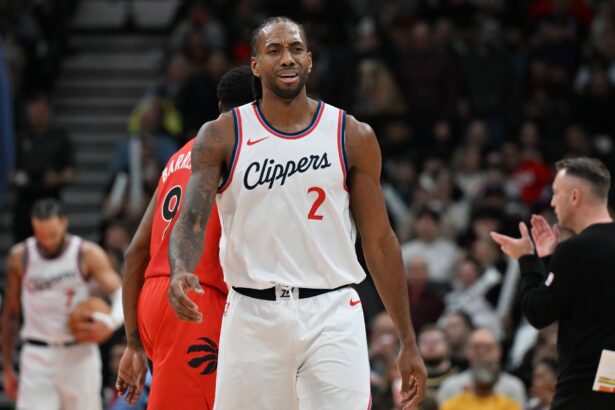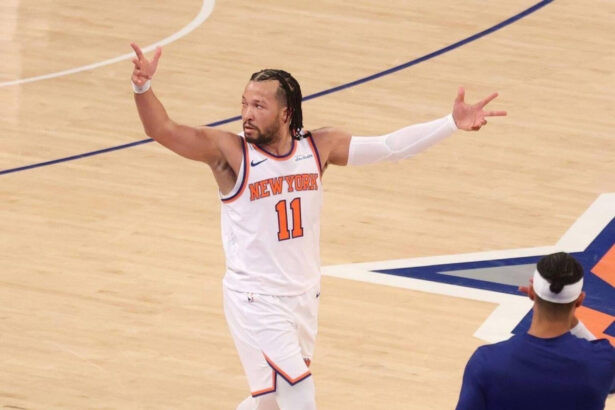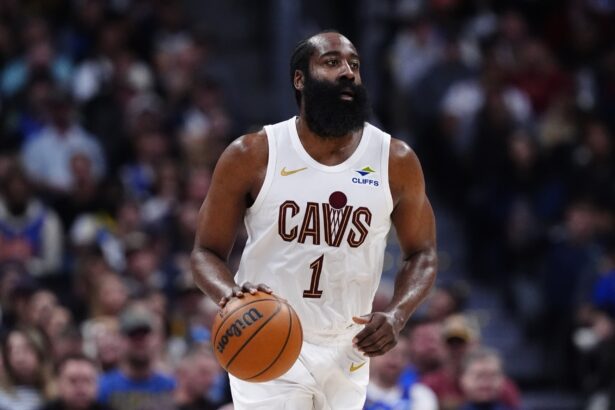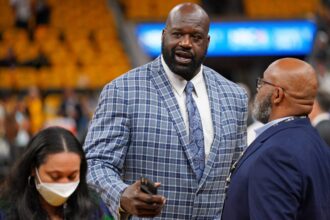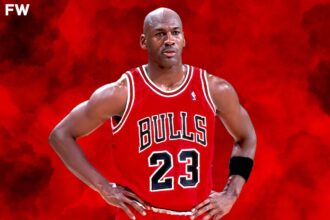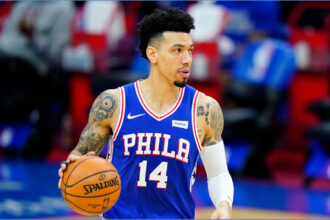Kent Bazemore recently took to Instagram to share his perspective on why being the third option on a team might be more challenging—and less rewarding—than coming off the bench as a sixth man. His remarks have sparked debate among fans and analysts alike, especially considering the situation of Phoenix Suns guard Bradley Beal, who was recently demoted to a bench role amidst trade rumors.
Bazemore began his post with a rhetorical question:
“Third option in the league ain’t no joke now, is it?”
He highlighted the drastic shift in responsibilities and opportunities that often comes with being the third-best player on a team, especially one stacked with star power. For players accustomed to being primary or secondary scorers, adjusting to a role that prioritizes defense, spacing, and occasional scoring can be jarring.
“For all y’all thinking about getting traded and you currently have the ball in your hands… think twice.”
He pointed out that players who leave situations where they are heavily involved in the offense might find themselves relegated to a 3-and-D role, with far fewer opportunities to impact the game offensively.
“You go from getting 15 shot attempts to 3&D real quick.”
Perhaps the most striking line from Bazemore’s post was his analogy:
“You go from Brandon Roy to Danny Green overnight” (No disrespect both great at their roles. Just saying. Different roles)
While Bazemore made it clear that he meant no disrespect to either player, the comparison underscores how roles can dramatically shift depending on team dynamics. Brandon Roy was a star player and primary scorer, while Danny Green excelled as a complementary piece known for his defense and three-point shooting.
In Bazemore’s view, being a sixth man offers more freedom and consistency compared to the third option.
“At least sixth man got the green light to jack shots too.”
Sixth men are often tasked with providing a scoring spark off the bench, giving them more offensive freedom than a third option who must defer to two higher-ranked teammates.
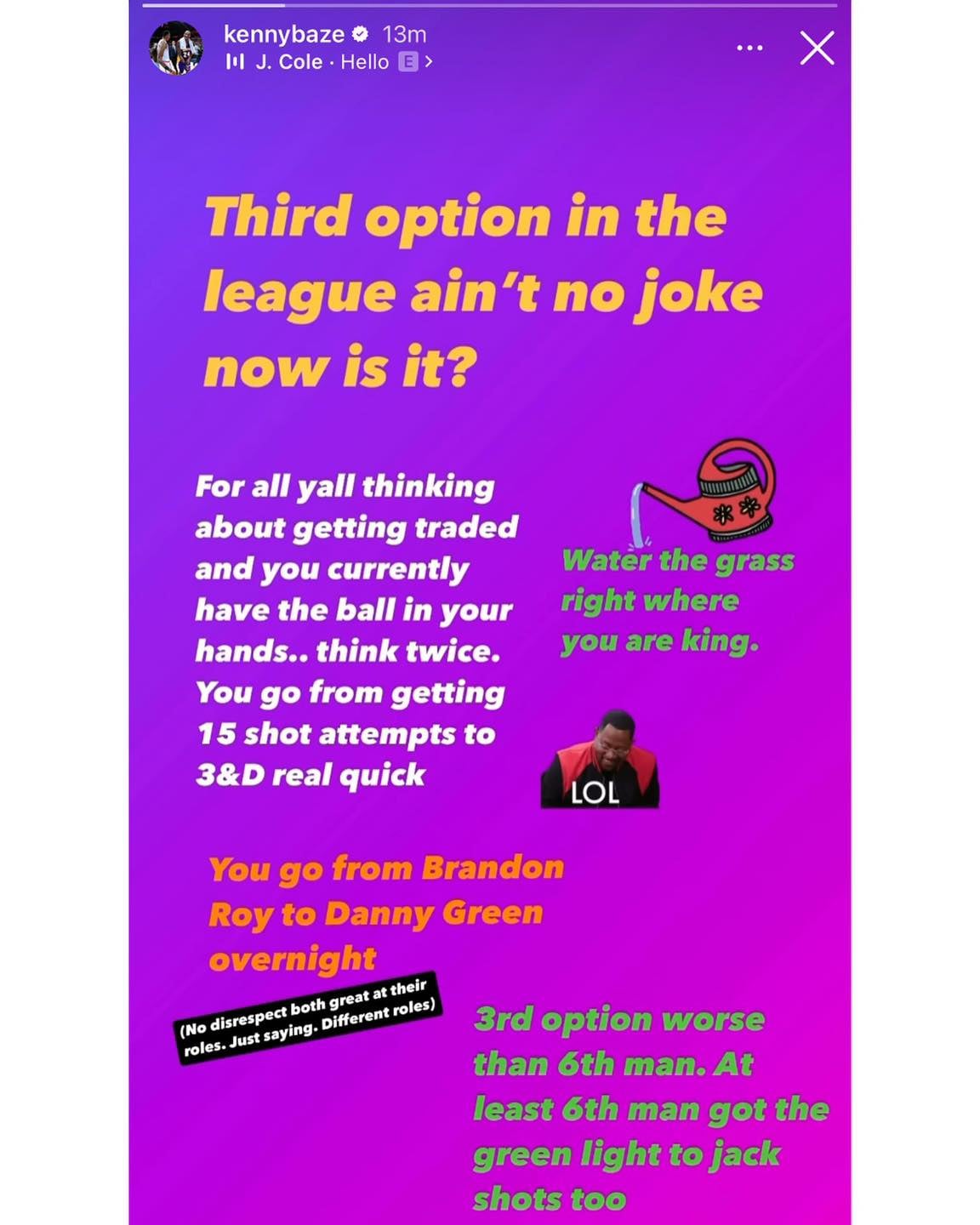
Bazemore’s comments highlight the unique challenges of being a third option: the pressure to contribute without disrupting team chemistry, the limited offensive touches, and the need to excel in supporting roles rather than headline-grabbing performances. In contrast, sixth men often have defined roles as offensive catalysts, allowing them to maintain their scoring mentality.
While Bazemore didn’t name names, many speculate that his post could be directed at Bradley Beal. After struggling to find his rhythm alongside Kevin Durant and Devin Booker, Beal was recently moved to the bench—a move that could be interpreted as the Suns pressuring him to waive his no-trade clause.
Beal has gone from a franchise centerpiece in Washington to a tertiary piece in Phoenix, and his diminished role has led to underwhelming performances. Beal has been averaging 17.8 points, 3.5 rebounds, and 3.2 assists per game while shooting 48.5% from the field and 39.1% from three-point range in his second season for the Suns.
Beal’s situation exemplifies Bazemore’s point. As a third option, Beal’s touches and shot attempts have dropped significantly, and his role has shifted toward being more of a complementary piece. If he remains with the Suns, he might find himself further marginalized. Meanwhile, a potential trade could allow him to rediscover his offensive freedom, potentially resembling the impact of a sixth man rather than a constrained third option.
Kent Bazemore’s candid remarks shed light on the complexities of NBA roles, especially for players transitioning into a third-option role on star-heavy teams. His insights resonate with the ongoing narrative around Bradley Beal, who finds himself grappling with a reduced role and uncertain future in Phoenix.
Whether intended as advice or simply an observation, Bazemore’s words remind players to carefully consider their situations before seeking changes—and to value the opportunities they already have.
Thank you for being a valued reader of Fadeaway World. If you liked this article, please consider following us on Google News. We really appreciate your support.

